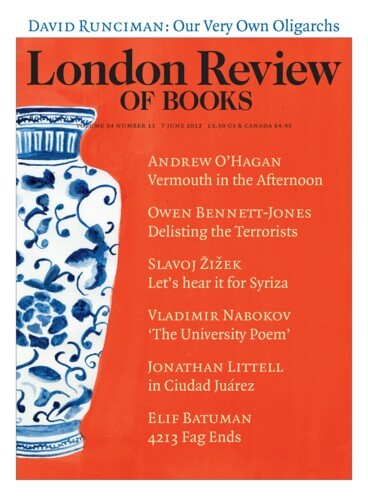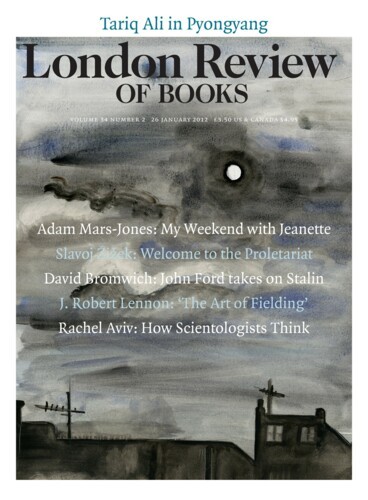Save us from the saviours: Europe and the Greeks
Slavoj Žižek, 7 June 2012
Imagine a scene from a dystopian movie that depicts our society in the near future. Uniformed guards patrol half-empty downtown streets at night, on the prowl for immigrants, criminals and vagrants. Those they find are brutalised. What seems like a fanciful Hollywood image is a reality in today’s Greece. At night, black-shirted vigilantes from the Holocaust-denying neo-fascist Golden Dawn movement – which won 7 per cent of the vote in the last round of elections, and had the support, it’s said, of 50 per cent of the Athenian police – have been patrolling the streets and beating up all the immigrants they can find: Afghans, Pakistanis, Algerians. So this is how Europe is defended in the spring of 2012.





